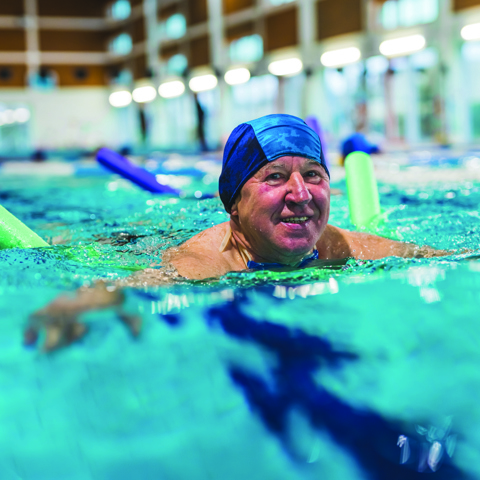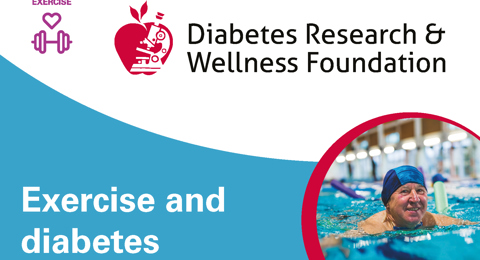
Type 2 Diabetes
What is type 2 diabetes?
In type 2 diabetes, the pancreas struggles to produce enough insulin, or is producing insulin which cannot be effectively used by the body.
Insulin is a vital hormone which transports glucose (sugar) from foods into the body’s cells, where it can be used to produce energy.
For people living with type 2 diabetes, glucose builds up in the bloodstream due to a lack of effective insulin, triggering the pancreas to release more insulin to cope.
This process can overwork the pancreas, which becomes less efficient at producing insulin. If too much glucose enters the bloodstream, glucose levels may continue to rise.
Symptoms
When the pancreas stops or struggles to produce insulin, your body tries to find new ways to get rid of glucose. This results in a person developing symptoms which can be used be used to diagnose diabetes.
Understanding these symptoms is crucial to preventing early complications caused by high sugar levels.
- Severe tiredness. Carbohydrates cannot be converted into energy, resulting in tiredness.
- Frequent urination. The body uses the kidneys to flush out glucose though urine.
- Thirst. The body attempts to replace lost fluid.
- Recurrent infections. Bacteria and fungi are attracted to high glucose
- Visual changes. Due to temporary changes in lens shape caused by high glucose.
- Unplanned weight loss. Due to glucose loss and uncontrolled breakdown of body fat.
Symptoms happen more often in those with new or existing type 1 diabetes. People with type 2 diabetes may have no, or very few, symptoms, prior to diagnosis.

Causes of Type 2
Type 2 diabetes is strongly linked to obesity and tends to run in families. It is more prevalent in people of South Asian and Afro-Caribbean descent.
Many people with type 2 diabetes have high blood pressure and cholesterol. They may need medication to help control these, to help reduce the risk of damage to key blood vessels alongside glucose lowering treatment.
Although type 2 diabetes is more likely to affect older people, it is increasingly being found in younger people and children – especially if they are overweight and not very physically active.
Managing type 2 diabetes
The backbone of treating type 2 diabetes is healthy eating and physical activity. Type 2 diabetes is a progressive condition and often, over time, tablets and/or other forms of medication become necessary. Eventually insulin may be required to manage blood glucose levels.
Fewer than half of people who take medication for diabetes remember to take them as prescribed. When taking medication, always make sure you know what each tablet or injection is for, any side effects to be expected and when to have a review.
Medications are offered to help reduce the risk of longer term damage to the body that diabetes can cause. If you have a concern with your medication, please let your care team know.

Remission of type 2 diabetes
Remission in type 2 diabetes means your blood glucose levels return to a healthy range without needing medication. It is often achieved through rapid weight loss, with a goal of at least 15kg.
Remission is an HbA1c below 48mmol on two occasions, three months apart. Coming off diabetes medications will be dependent on whether medications are prescribed for other cardiac or renal protective benefits and not just improving glycaemic control. The NHS offers a structured remission programme, so ask your healthcare team if it is available in your area.
Top tips to manage diabetes
Diabetes is never mild, but it can be managed:
- Being as physically active as possible improves insulin sensitivity.
- Aiming to keep blood glucose levels at your recommended targets can help
protect the eyes, heart, kidneys and feet. - What is your cholesterol level? If higher than recommended, cholesterol-lowering
treatments (like statins) can help protect the heart. - Regular blood pressure checks are important, as keeping at a recommended
target level can help protect the heart and kidneys. - Smoking is not good for health for several reasons, but adds risk when combined
with diabetes. Both thicken the blood, encourage clot formation, and put a strain
on the heart. - Aiming for a healthy weight, even small amounts of weight loss, can contribute to
improvements in both overall health and diabetes.



Donate Today!
I would like to make a regular donation of
I would like to make a single donation of